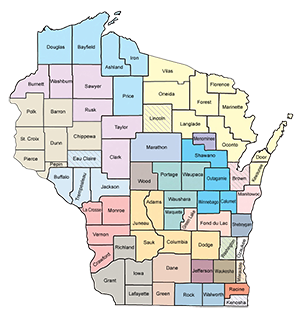
Sargent Shriver (far right) at a White House National Head Start Day ceremony on June 30, 1965. Also pictured are (left to right) sons Timothy and Robert Shriver, actor Danny Kaye, First Lady Lady Bird Johnson, and Mrs. Lou Maginn the Director of a Vermont Head Start project
Businessman, lawyer, and public servant Robert Sargent “Sarge” Shriver, Jr. died Tuesday, January 19, 2011 at age 95 after several days of hospitalization. Shriver was best known for his roles as the first director of the Peace Corps during the Kennedy administration and as a key leader of President Johnson’s War on Poverty.
“Over the course of his long and distinguished career, Sarge came to embody the idea of public service,” said President Obama, calling Shriver “one of the brightest lights of the greatest generation.”
Shriver was born in Maryland in 1915 to a prominent family which lost most of its money in the stock market crash of 1929. As an undergraduate, he attended Yale on scholarship and went on to attend Yale Law School. During World War II Shriver served in the Navy. After his return from the Pacific he became the assistant editor at Newsweek.
In 1953 Shriver married Eunice Kennedy (who died in 2009 at age 88). After meeting Eunice Kennedy, Shriver was hired into Kennedy family businesses in Chicago. While in Chicago Shriver served on the school board, fought for integration, and considered running for Governor of Illinois but was tapped to aide brother-in-law John F. Kennedy’s presidential campaign instead. Shriver was named to head the Peace Corps soon after President Kennedy took office. “With tenacity and vision,” said Senator John Kerry, “Sargent Shriver built the promise of the Peace Corps into an American institution.”
After President Kennedy was assassinated in 1963, President Lyndon Johnson called on Shriver to run the War on Poverty programs that were part of the President’s Great Society domestic agenda. As Director of the Office of Economic Opportunity, Shriver helped launch critical War on Poverty programs including Head Start, Job Corps, VISTA, Community Action Program, and Legal Services to the Poor. “Father” of Head Start, Dr. Edward Zigler, calls Shriver the “Architect” of Head Start for first conceiving of the program to help communities meet the needs of disadvantaged preschool children, locating the funds to implement the program, and convening a committee of experts to create the program.
In 1968 Shriver became the U.S. Ambassador to France, serving as Ambassador for the next two years. He was George McGovern’s running mate in the 1972 election, but the ticket lost to President Nixon.
After a failed presidential candidacy in 1976, Shriver helped run the Special Olympics organization which his wife Eunice founded. He never again sought elected public office. Shriver served as Chairman of the Board of Special Olympics International in the 1980’s and 1990’s.
Shriver will be remember as a peacebuilder, civic leader, and activist. To learn more about Sargent Shriver please visit www.sargentshriver.org.

